It won’t be an immediate result. Exempting a wide range of European products from the 15% US tariffs – including alcohol, wine, beer, medical devices, and chemicals – will require several more months of diplomatic work. This was confirmed by a senior European Union official on the sidelines of ongoing negotiations with Washington:
“Not all EU-interest products will immediately appear on the exemption lists. The goal is to achieve zero tariffs or, at the very least, reduce them to the most-favoured-nation rate (4.8%),” explained the source, adding that “work will continue over the coming months.”
While a zero-tariff agreement has already been reached in the aerospace sector – and will be formalised in a joint declaration expected in the coming weeks – the path appears more complex for the agri-food sector. Of particular concern are European wine producers, with Italy at the forefront, who risk being significantly impacted in terms of exports to the US market, the second most important after Switzerland.
On Monday 4 August, the Italian government gathered the main wine associations at Palazzo Chigi. They presented Prime Minister Giorgia Meloni, Minister Adolfo Urso, and Minister Francesco Lollobrigida with a series of proposals aimed at cushioning the rising costs of exports.
The Parmigiano Reggiano case
Tariffs have been under discussion for months, but the debate intensified after the end-of-July decision by the US administration to impose new 15% duties on a number of strategic European products, as part of a review of bilateral trade policies.
Brussels, weakened during past negotiations with Donald Trump, reacted by launching talks aimed at securing possible exemptions, with the goal of protecting key sectors of the European economy – such as wine and agri-food – which are already struggling amid a slowing international market (with the unique case of Parmigiano Reggiano, for which tariffs will actually be reduced).
Exports that matter
According to data from the Osservatorio del Vino (Wine Observatory), Italian exports to the US account for around 12% of total volume, with over 19 million bottles sold in 2024 (although first-half forecasts predict a decline in exports). The introduction of permanent tariffs risks undermining the competitiveness of Italian producers just as the market is already marked by declining consumption and growing uncertainty.
“Europe is committed to securing the maximum number of exemptions,” the EU official reiterated, “but for certain strategic sectors, such as alcohol, the file remains open.”
The timeline, therefore, will not be short: further negotiation tables will be needed in the coming months, with the aim of reaching an agreement that avoids new tariff penalties and enables European producers to retain crucial overseas market shares.

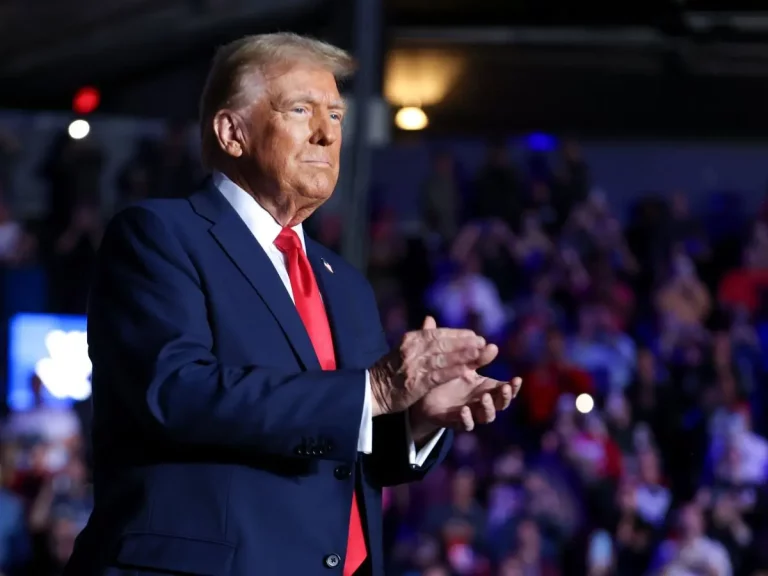
 'To be the global platform, we must take everyone and everything into account'
'To be the global platform, we must take everyone and everything into account'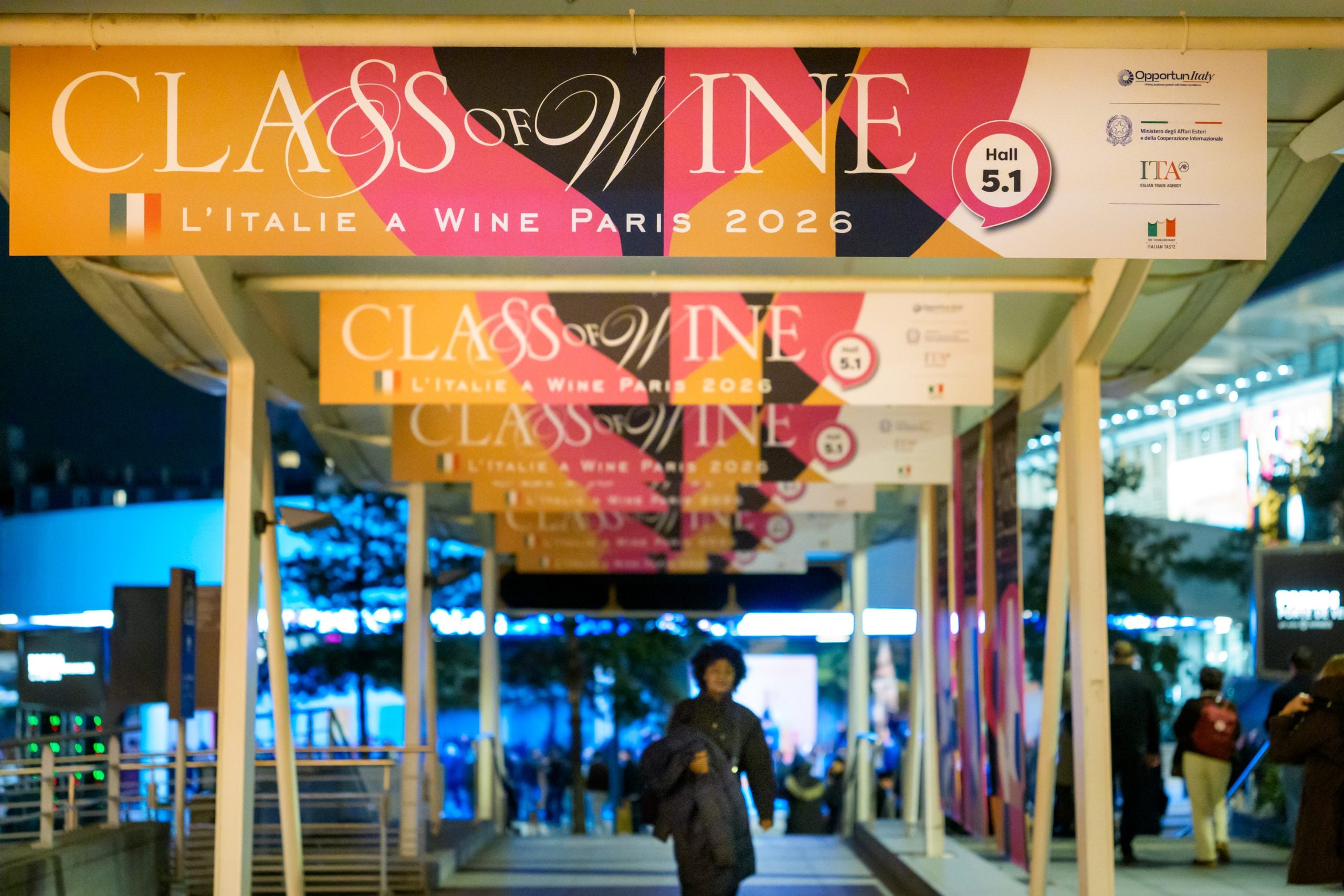 What did Italian producers think of Wine Paris 2026?
What did Italian producers think of Wine Paris 2026?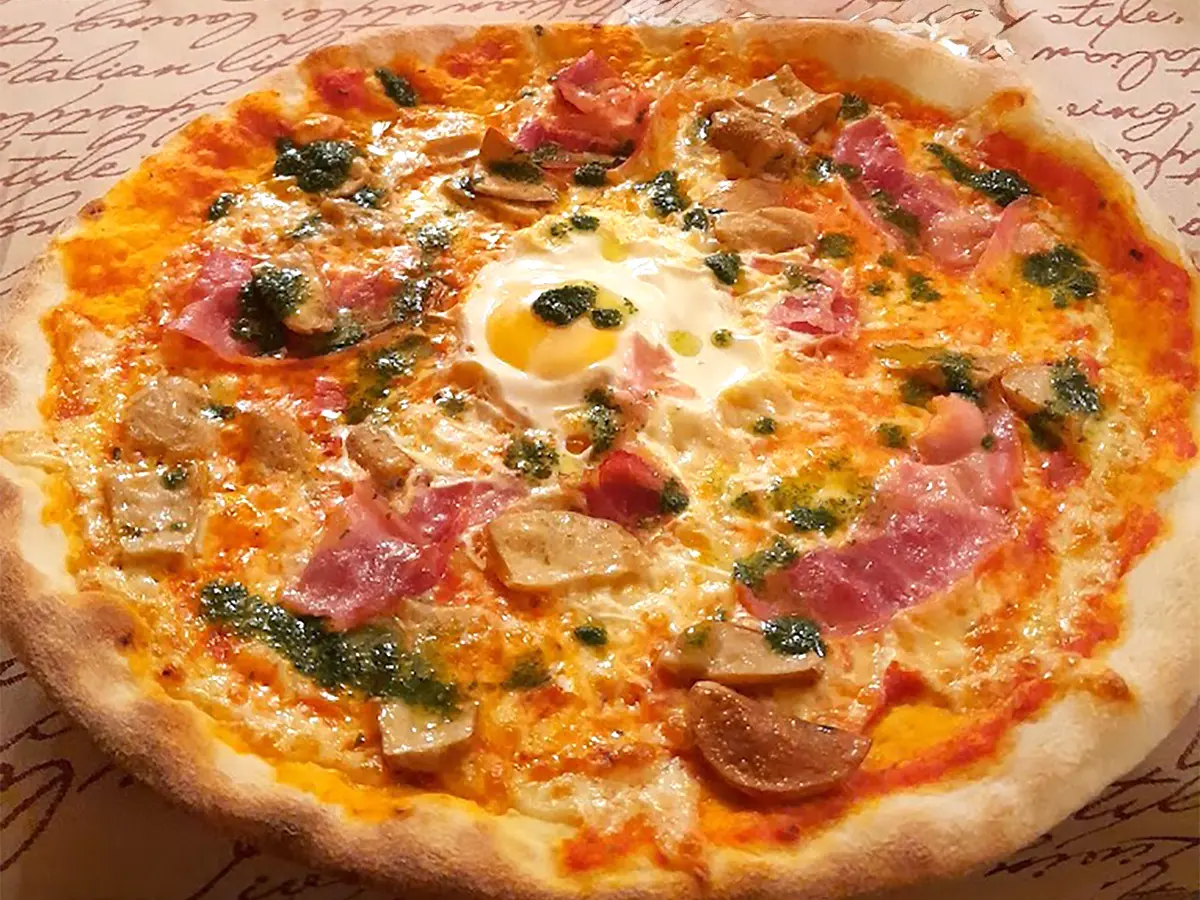 The pizza that’s taking the Winter Olympics by storm
The pizza that’s taking the Winter Olympics by storm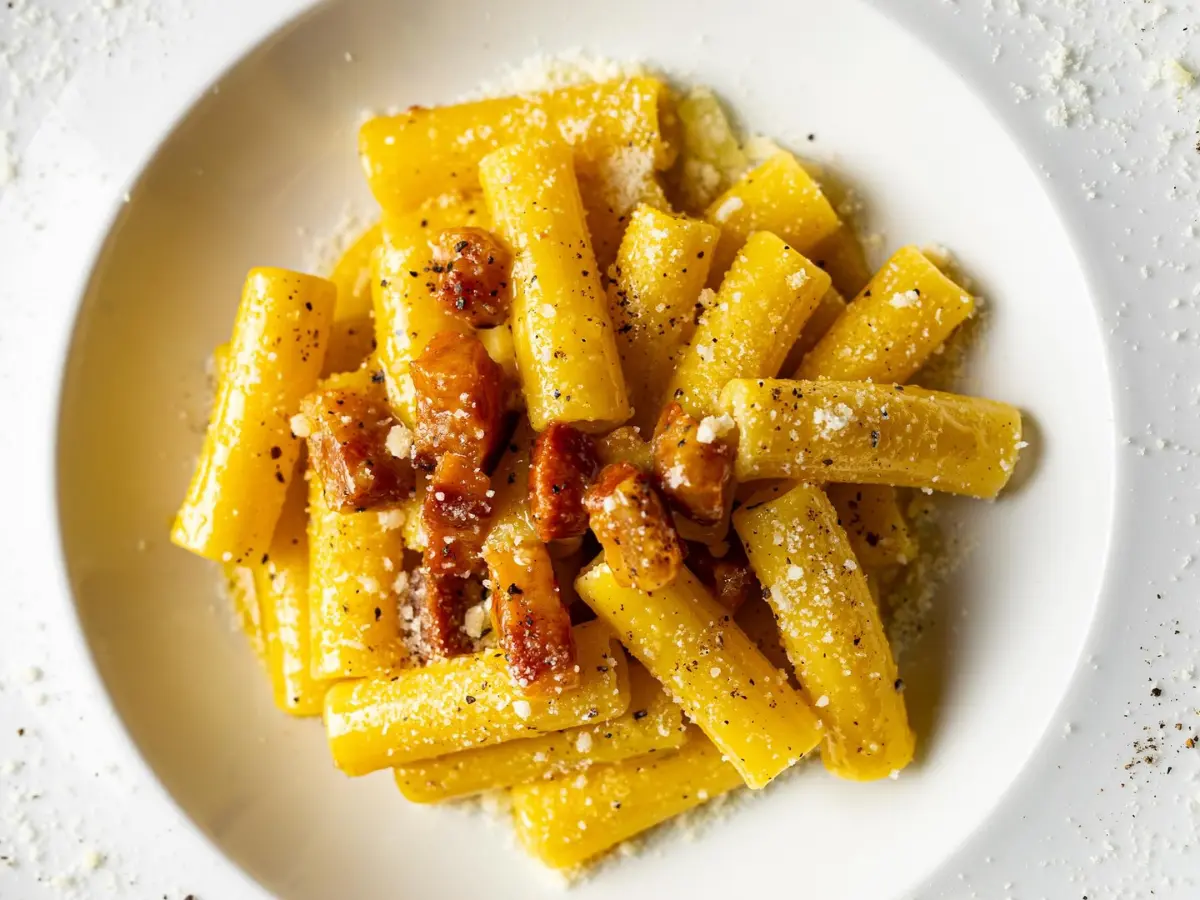 Where to eat in Central Rome (while avoiding the tourist traps)
Where to eat in Central Rome (while avoiding the tourist traps)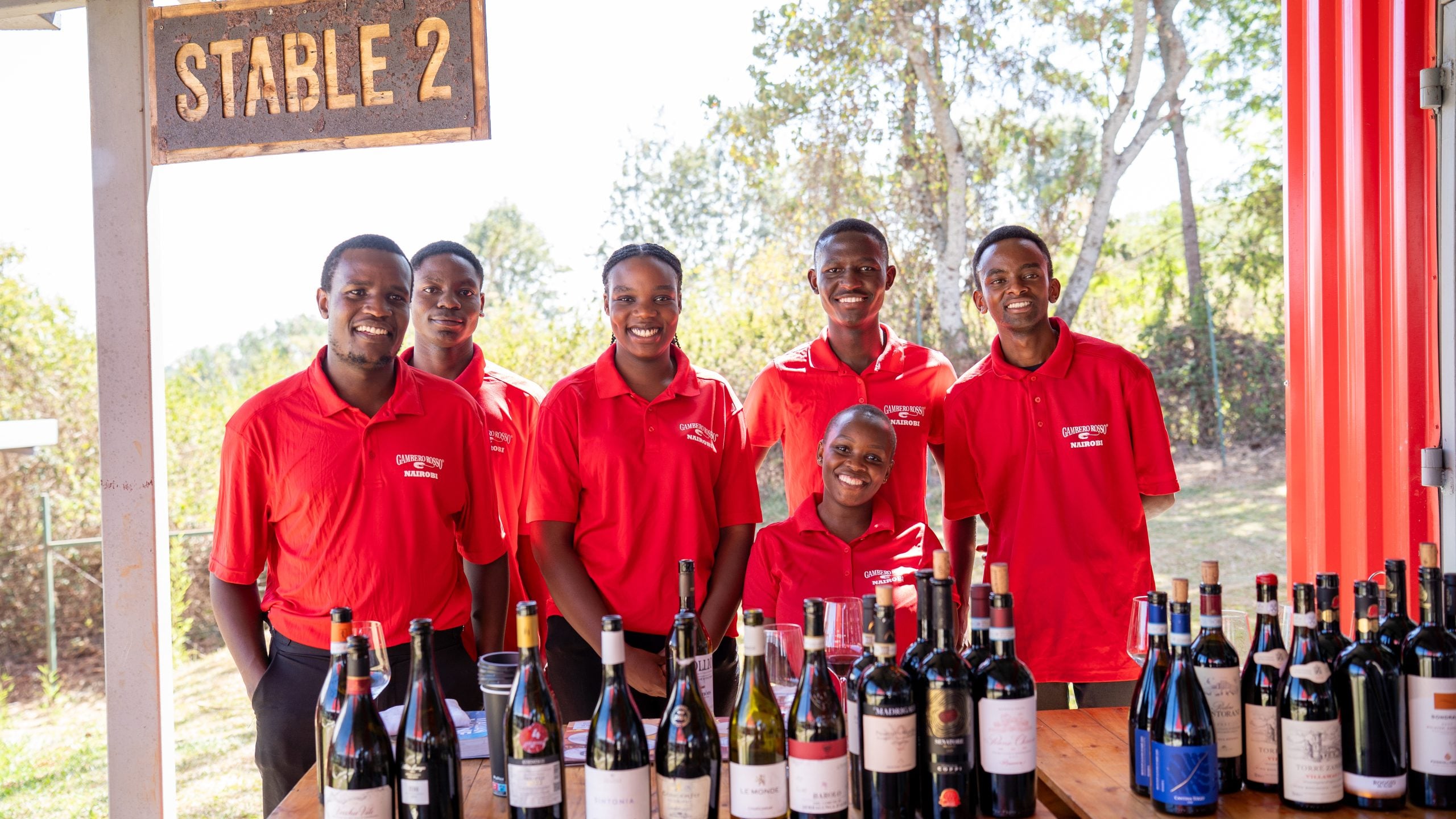 The Top Italian Wines Roadshow returns to Kenya
The Top Italian Wines Roadshow returns to Kenya





